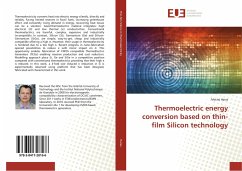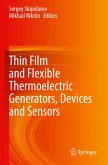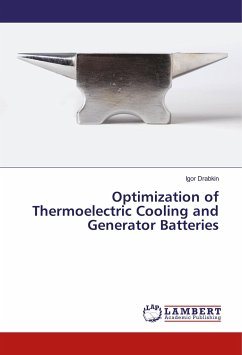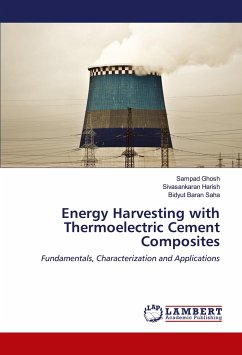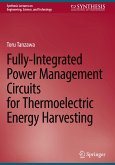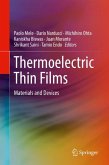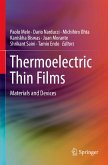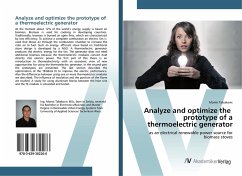Thermoelectricity converts heat into electric energy silently, directly and reliably. Facing limited reserves in fossil fuels, increasing greenhouse effect and constantly rising demand in energy, recovering heat losses can be a solution. Good thermoelectric material integrates: high electrical (s) and low thermal ( ) conductivities. Conventional thermoelectrics are harmful, complex, expensive and industrially incompatible. In contrast, Silicon (Si), Germanium (Ge) and Silicon-Germanium (SiGe), are simple, easy-to-get, cheap and industrially compatible offering a high s. However, their usage in thermoelectricity is hindered due to a too high . Recent progress in nano-fabrication opened possibilities to reduce with minor impact on s. This opportunity enables fabrication of CMOS compatible ThermoElectric Generators (TEGs) enabling massive production and cost reduction. Modelling approach place Si, Ge and SiGe in a competitive position compared with conventional thermoelectrics providing that their high is reduced. In this work, a 3-fold size induced reduction in Si is experimentally observed using platform that has been designed, fabricated and characterized in this work.
Hinweis: Dieser Artikel kann nur an eine deutsche Lieferadresse ausgeliefert werden.
Hinweis: Dieser Artikel kann nur an eine deutsche Lieferadresse ausgeliefert werden.

